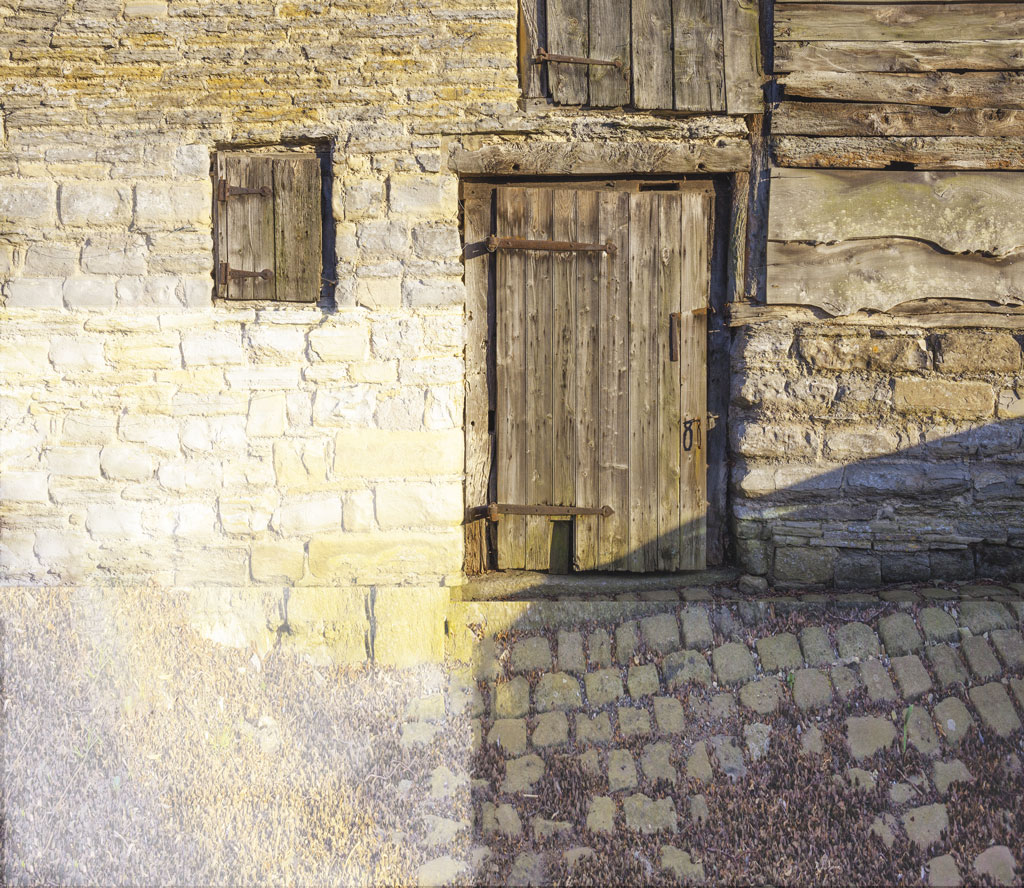
Ewan Paton on a 90 year-old wrinkle in the Law of Property Act 1925
- Considers Baker v Craggs
- Court of Appeal re-asserts orthodox understanding of ‘estates in land’ and ‘overreaching’ under the Law of Property Act 1925.
When did you last read s 1 of the Law of Property Act 1925? You may dimly remember being taught as a student, in your first ever land law lecture, that ‘the only estates in land which are capable of subsisting or being created at law are… (a) an estate in fee simple absolute in possession [and] (b) a term of years absolute’ (s 1(1))—in other words, a freehold and leasehold.
You might then remember that the next sub-section, s 1(2) lists five other things—including easements, charges and rentcharges—as ‘interests or charges in or over land capable of subsisting or being conveyed or created at law’. So: two legal estates in land, five types of legal interests in or charges over land, and by s 1(3), all others ‘take effect








